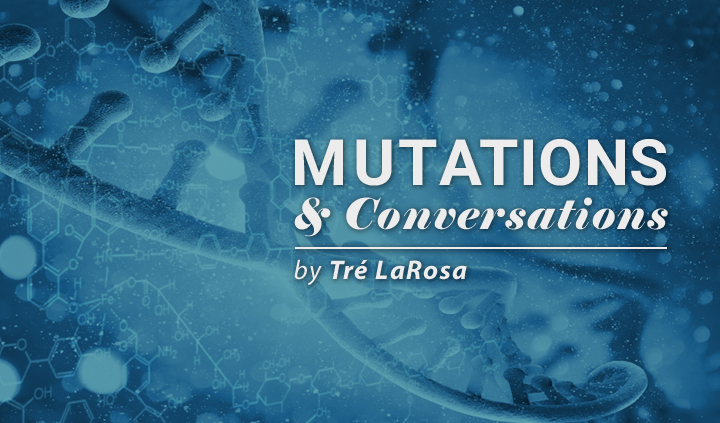Starting Trikafta with Hope for the CF Community
Written by |

I’m writing this column on the day I start treatment with Trikafta (elexacaftor/tezacaftor/ivacaftor), a new cystic fibrosis (CF) medication that I believe will be regarded as an inflection point in CF history.
If you’re involved in the CF community or have been on social media in recent weeks, you’re probably aware of Trikafta. The hopes for this medication are the highest we’ve ever seen.
Trikafta is expected to be available to anyone who has at least one copy of the ∆F508 mutation, which includes up to 90 percent of CF patients. Since Trikafta is a modulator — in the same class as Kalydeco (ivacaftor), Orkambi (ivacaftor/lumacaftor), and Symdeko (tezacaftor/ivacaftor) — it is prophylactic. It is intended to “repair,” not cure, CF’s underlying issue.
Trikafta does this by using three different compounds. Two are correctors that “chaperone” the protein to a better shape, and a third encourages the protein to function as a better channel once it reaches the surface. Compared with other medications, trials have seen rapid and significant results. The hope by those who will receive Trikafta can’t be understated. And yet the emotions are complicated.
I’m incredibly thankful for the opportunity to try this medication. For as long as I can remember, I’ve accepted an impending decline that would eventually take away my autonomy. But I’m also aware of my ∆F508 privilege. Having an ∆F508 mutation means that I’m in the majority group of patients that has received robust funding toward finding a treatment. ∆F508 is in a sweet spot for mutations: While complicated, it appears to be solvable.
Another mutation, G551D, which became well-known due to its responsiveness to Kalydeco, is a simpler mutation that doesn’t require as complex a solution to repair it. Mutations that are more complicated than ∆F508 will require more than modulators can provide. Nonsense mutations are the biggest beasts we must figure out, and some don’t even produce any protein to repair.
I can’t help but feel a degree of survivor’s guilt that my sister won’t get to experience this joyful news. She received her first double-lung transplant three years before Orkambi was approved, so she likely wouldn’t have benefited from a modulator anyway. But it’s hard to avoid feelings of sadness that she didn’t get the chance to be excited about this treatment. I miss my sister and feel a loss over the life she deserved but didn’t get.
Trikafta will help many people and improve many lives. Its arrival is a milestone worth taking a moment to celebrate. But we also should acknowledge that the CF community needs to be more united than ever. Those of us who will benefit from Trikafta must be prepared to ratchet up the advocacy and research to ensure that someday, every person with CF will experience the relief and the hope that come with a groundbreaking therapy.
I have celebrated how Trikafta will benefit me, but I am concerned that this will fracture the CF community. I don’t think it has to be that way.
The worlds of science and cystic fibrosis are complicated. For as long as we’ve been humans, we’ve sought hope. Our ability to be hopeful and to solve problems is integral to our humanity.
Let’s ensure that Trikafta is a uniting force that guarantees gene therapy and better treatments, antibiotics, transplant protocols, outcomes, and more. The future is bright for everyone with CF, but it will take more than a village — it will take the entire world.
Follow along with my other writings at my humbly named site, www.trelarosa.com.
***
Note: Cystic Fibrosis News Today is strictly a news and information website about the disease. It does not provide medical advice, diagnosis, or treatment. This content is not intended to be a substitute for professional medical advice, diagnosis, or treatment. Always seek the advice of your physician or other qualified health provider with any questions you may have regarding a medical condition. Never disregard professional medical advice or delay in seeking it because of something you have read on this website. The opinions expressed in this column are not those of Cystic Fibrosis News Today, or its parent company, Bionews Services, and are intended to spark discussion about issues pertaining to cystic fibrosis.







Leave a comment
Fill in the required fields to post. Your email address will not be published.